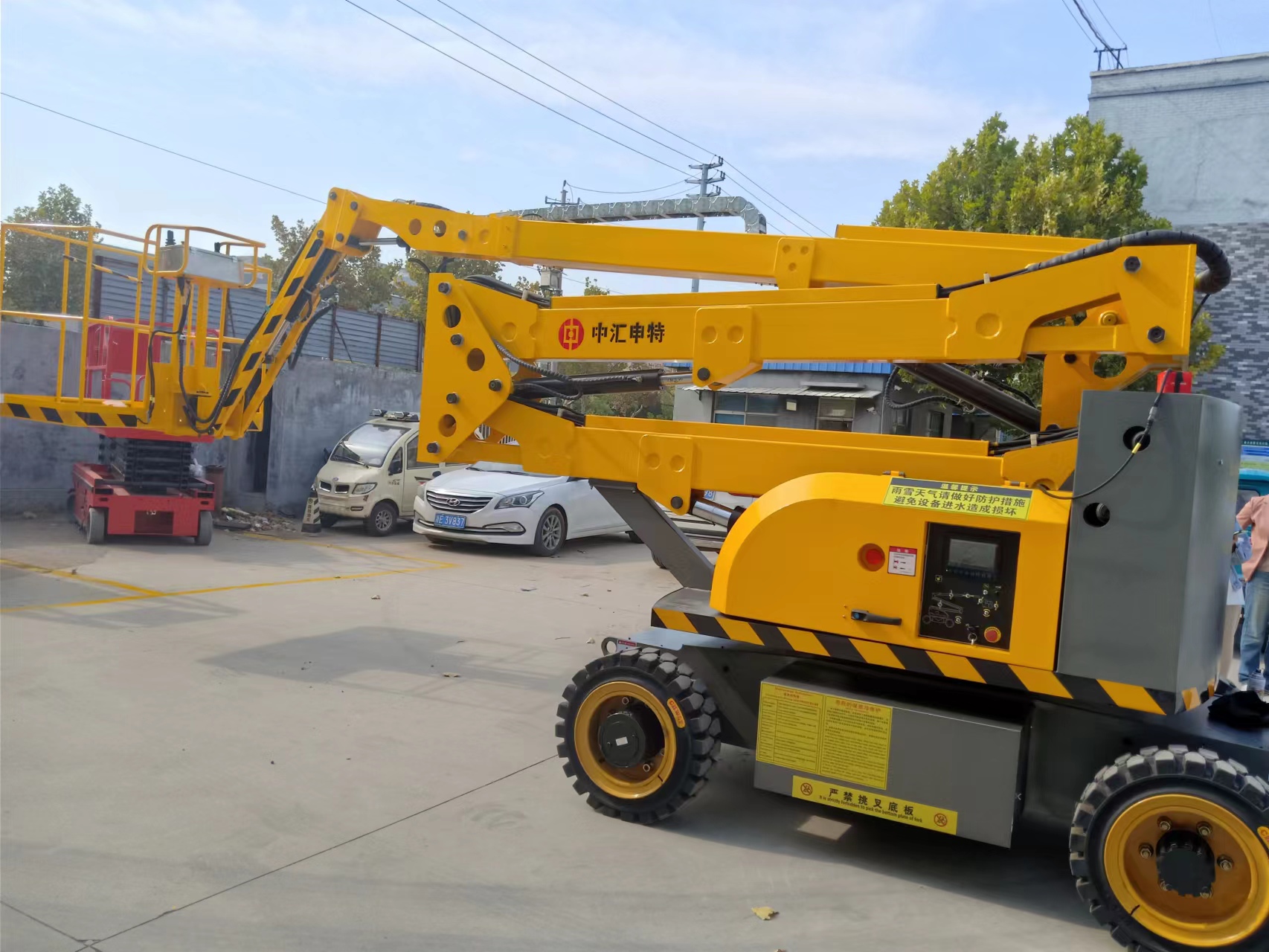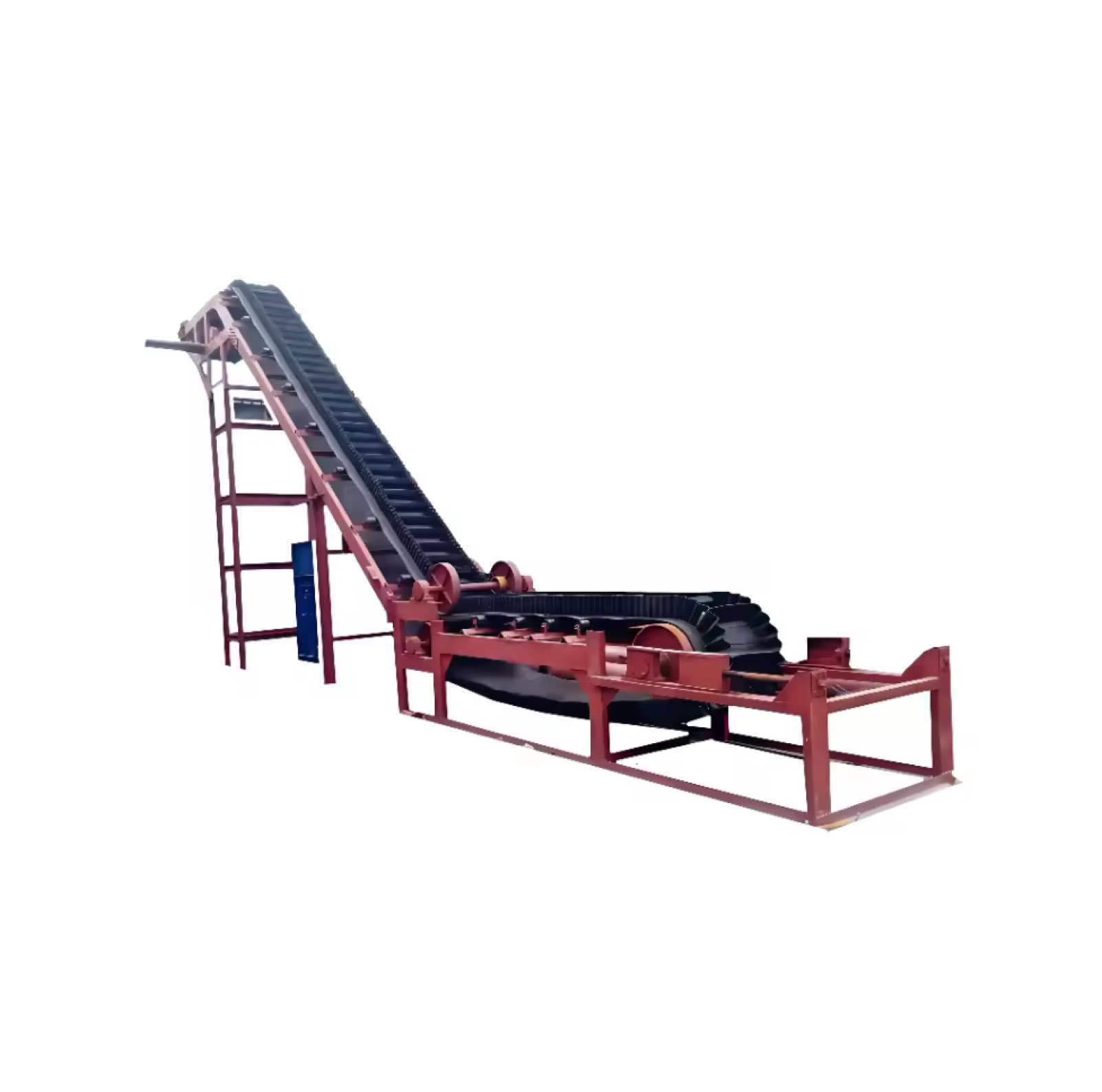Quality assurance (QA) is an essential aspect of product development that ensures the final output meets the necessary standards and requirements. It encompasses the processes and activities that are put in place to maintain and improve product quality throughout its lifecycle. By implementing robust QA practices, we can mitigate risks, enhance product reliability, and significantly improve customer satisfaction.

The core elements that constitute a successful quality assurance strategy include:

Quality control (QC) is an integral part of the QA process, focusing on detecting defects or irregularities in the products before they reach the market. This involves systematic testing and inspection methods to ensure all products meet the established quality criteria.
A solid commitment to quality assurance directly correlates with increased customer satisfaction. Customers are more likely to trust and remain loyal to brands that consistently deliver reliable products. By enhancing product quality through effective QA practices, we not only meet but exceed customer expectations, leading to repeat business and positive word-of-mouth promotions.

In summary, investing in quality assurance is not merely an operational necessity but a strategic move that enhances overall brand reputation and customer loyalty. Through diligent application of QA and QC practices, we can ensure that our products are of the highest quality, thereby securing a strong market position and achieving sustainable growth.

